Human Rights and the Environment – An Interdisciplinary and Transnational Conference
Human Rights and the Environment: An Interdisciplinary Conference
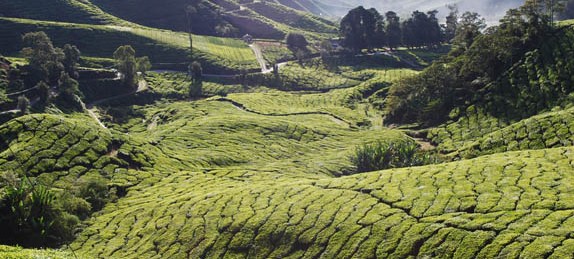
Sponsored by the Ford Foundation and co-organized by the Stanford Human Rights Center and Dejusticia, this conference explores issues of impact assessment, interdisciplinary collaboration, and the cultural and ethical underpinnings of environmental and human rights claims. Panelists are scholars and practitioners in the fields of environmental law, human rights, public policy, geography, public health, political science, anthropology, among other fields.
CONFERENCE PANELS AND PARTICIPANTS
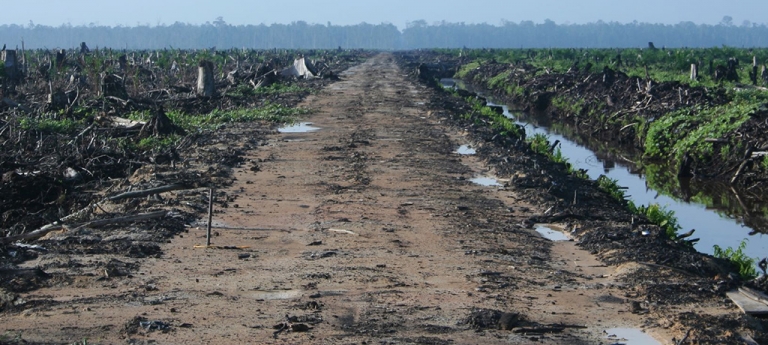
PANEL 1: TRANSLATIONS
This panel addresses the challenges and best practices in interdisciplinary collaborations between social scientists, advocates and scientists. We explore challenges that are rooted in “cultural” differences between disciplines, the task of harmonizing aims and pairing advocacy aims with and the task of translating multiple forms of knowing into coherent advocacy campaigns or policy recommendations
PANELISTS: Michael Wara, Professor of Law, Stanford Law School; Federico Botero, Director, Ecoral.co, an organization for the conservation of ecosystems (Colombia); Luis Jorge Hernández, Professor of Public Health, UniAndes Medical School (Colombia). Moderator: Tatiana Andia, Senior Researcher, Dejusticia
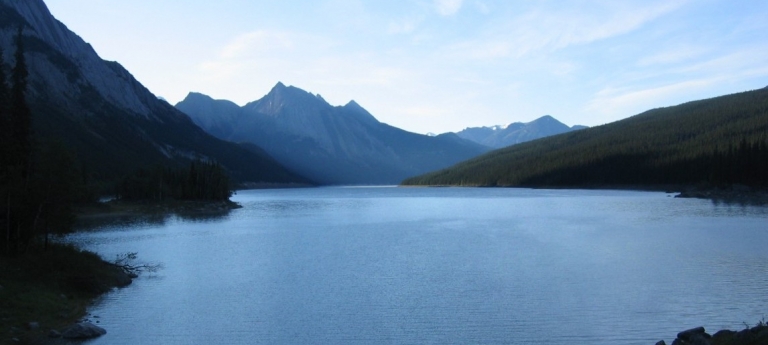
PANEL 2: PRACTICAL EXPERIENCES AND ENGAGEMENT
Human rights and environmental advocates address some of the following questions: what are the practical challenges in producing and disseminating knowledge about environmental and/or human rights impact in a way that is accessible to the public and to decision-makers—whether policymakers or courts? How do we negotiate distinct modes of knowing and different types of expertise required to fully apprehend environmental impact, resource needs and other environmental justice issues? What are the roadblocks and the opportunities to create change? How can we add issues of exclusion, culture, poverty and human rights to questions of environmental impact and advocacy?
PANELISTS: Laurel Firestone, Co-Executive Director, Co-Founder, Community Water Project; Deborah Sivas, Professor of Law, Stanford Law School, Director of the Environmental Law Clinic; Roxanna Altholz, Assistant Clinical Professor of Law, Associate Director, Int’l Human Rights Law Clinic, UC Berkeley Law School. Discussant: Michelle Wilde Anderson, Professor of Law, Stanford Law School
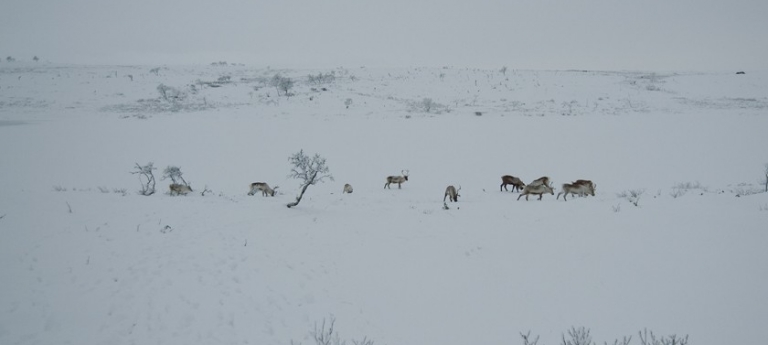
PANEL 3: ASSESSING IMPACT: SCIENTISTS’ PERSPECTIVES ON INTERDISCIPLINARITY
This panel seeks to learn from the experiences of interdisciplinary work by scientists, particularly work that has engaged with social science questions such as human agency, and with direct advocacy or impact assessments in the context of extractive industries and energy development projects. How do we frame questions of impact assessment in ways that allow greater knowledge production and fuller information? How is the right to know of potentially affected communities factored into these assessments? Are we asking the right questions? What are the existing mainstream methodologies and what improvements or additions can be made? Is it possible to define a universe of questions that would provide a full picture of the social, environmental and other impacts of extractive industries and climate change?
PANELISTS: Bruce Forbes, Research Professor, Arctic Centre, University of Lapland, Finland; Edgardo Latrubesse, Professor, Department of Geography and the Environment, UT Austin; Juan Darío Restrepo, Professor of Geological Sciences, Dept. of Geology, EAFIT University (Colombia). Moderator: César Rodríguez Garavito, International Director, Dejusticia, Professor of Law, Universidad de Los Andes
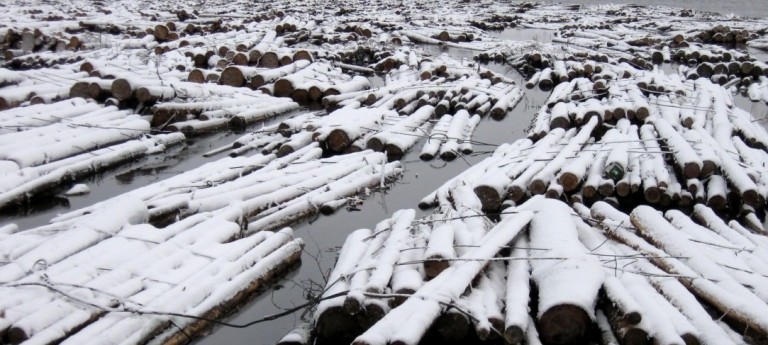
PANEL 4: DISCOURSES OF SCIENCE, ETHICS, AND POWER
How do we harmonize multiple forms of knowing and valuing the world in order to make constructive policy changes? How do we evaluate the multiple social impacts that accompany environmental impacts? How do we formulate a holistic analysis of these effects and translate those into practical and practicable policy recommendations or advocacy campaigns?
Underpinning at least some of those questions are questions about how and what different groups of people value, and how those differences in what is valued affect people’s views and understandings of nature, development, democracy, well-being, and other politically potent constructs
PANELISTS: Bret Gustafson, Associate Professor, Washington University in St. Louis, Dept. of Anthropology; Jedediah Purdy, Professor of Law, Duke Law School; Brenna Powell, IPRE Group Principal | Associate Director, Stanford Center on International Conflict and Negotiation. Moderator: Claret Vargas, Executive Director, Stanford Human Rights Center, Stanford Law School
